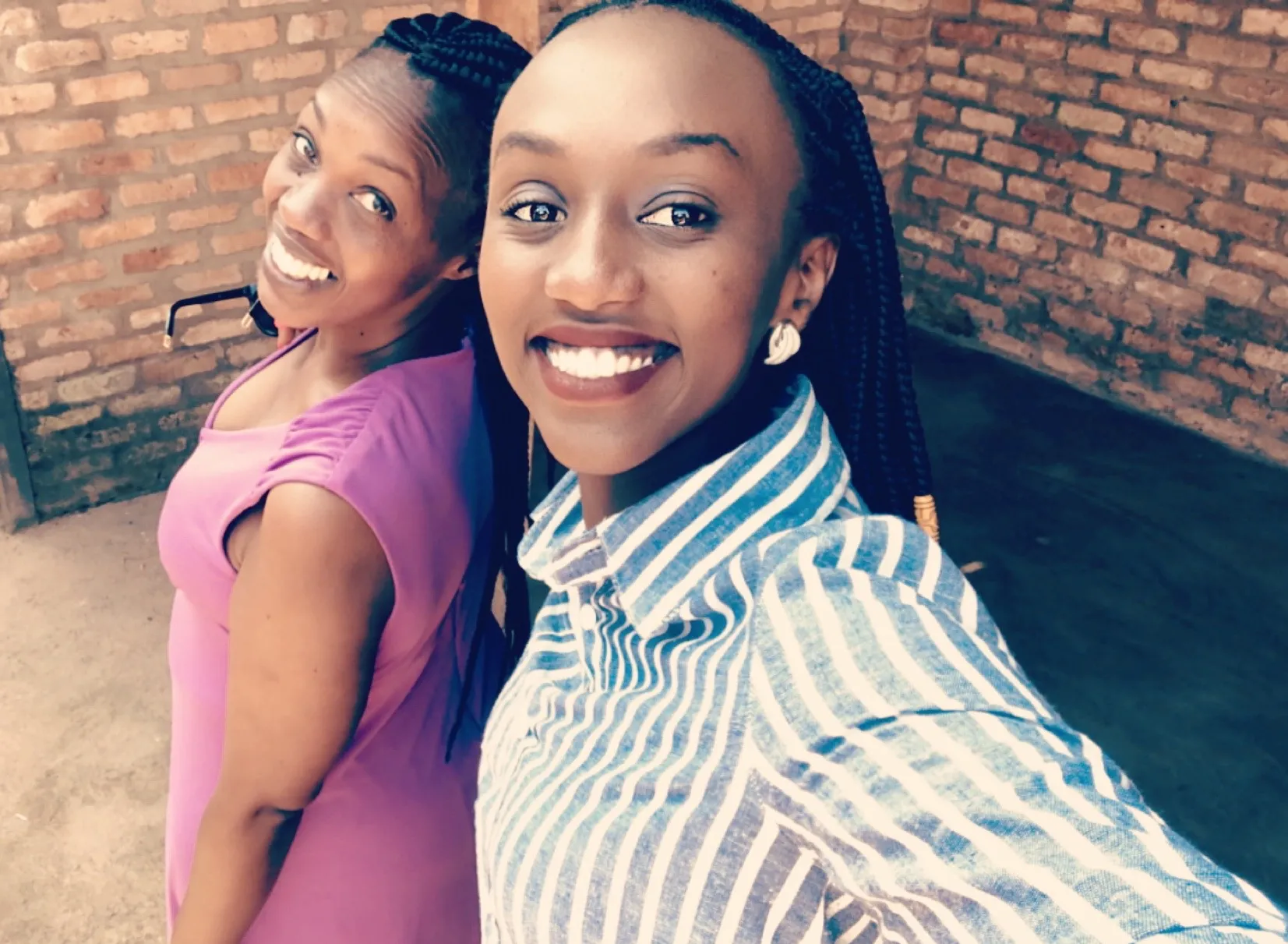Growing up as a young woman in Rwanda, I was privileged. I was able to get an education through programs that ensure girls were able and encouraged to continue their studies through higher education. I was empowered to explore careers in a variety of sectors, from politics to engineering.
But this privilege was not universal. While in high school, I volunteered to teach and play with children and fellow teens who lived in the Burundian refugee camp in the eastern part of Rwanda. I saw kids my age and even younger who were suffering from severe forms of poverty and hunger. Their hopes, and the dreams of their future generations, were being slowly dimmed.
Hunger can have devastating and permanent effects on children. The most severe cases can result in stunting, or the impaired growth and development in children who consume poor nutritious food (WHO). Stunted children grow to be stunted adults. They will be less productive and will be easily susceptible to diseases. If the circle is not broken early, stunted girls will grow up to be stunted mothers who will give birth to stunted children, at great cost to communities and governments. On the opposite side, overnutrition is the overconsumption of nutrients which can become toxic in the body and result in premature death.
I knew that I had to do something about it, so while choosing my career path, I decided to focus on nutrition. I understood at a young age that health goes beyond the physical functioning of the body to include the socio-economic circumstances, such as wealth and gender, that make people vulnerable to illness. Often, inadequate or unhealthy diets and poverty are the leading cause of many diseases. After winning a scholarship through a competition through the Agriculture Club, I enrolled in Michigan State University to follow my dream.
All over the world people are affected by malnutrition, yet it affects people differently. While reading the 2020 Global Nutrition Report (2020 GNR), it became clear that part of the problem is a lack of disaggregated data to support targeted interventions for the most vulnerable groups. Other issues that stood out to me were the lack of access to affordable healthy options, inadequate nutrition education, and the absence of agency among vulnerable groups. The 2020 GNR also highlighted the importance of listening to vulnerable groups. This reminded me of two nutrition programmes in Rwanda, which had vastly differing results.

